When Hatred Hides Online: What Lurks Inside Incel Forums
Peer beneath the surface of incel forums, and you’ll find something far darker than just venting or lonely memes. These online spaces, stitched into the broader “manosphere,” run on a steady diet of black pill nihilism, misogynistic rants, and a sense of doom. The journalist who went undercover in these communities paints a place where empathy gets trashed, and everything is a joke—except the constant thread of anger aimed at women and society.
Nearly every thread pulses with hostile language: women reduced to being called “foids” or “holes,” racist memes plastered without a flicker of irony, and dark punchlines about rape and violence tossed around like greeting cards. If you think it’s edgy internet humor, think again—this is how new members are welcomed and shaped. Those who peek inside might immediately spot references to infamous killers like Elliot Rodger, whose 2014 mass shooting became a twisted rallying cry. On the forums, “going ER” stands for following in his footsteps. Rodger is hailed as a saint, his picture used as an avatar, and mass murder is shockingly romanticized.
But how do people end up here? The journalist spoke with “John,” a reformed incel who wandered in at age thirteen. His story is familiar to anyone watching the Netflix series Adolescence. The show’s main character, Jamie Miller, is eerily similar—a kid, isolated and angry, whose frustration curdles into outright misogyny and, finally, violence. The show doesn’t shy away from showing the step-by-step radicalization that’s become all too common online. Schools in the UK are now screening the series as a warning, trying to spark hard conversations about misogyny and online hate before it spirals into tragedy.
Most users on these forums latch onto the so-called “black pill” worldview. What’s that mean? Unlike “red pill” self-improvement mantras, black pill means total despair. Users believe no amount of gym time or chatting up girls will help—they’re doomed. Some cling to hopeless “solutions” like plastic surgery or jaw implants, but underneath, suicide or mass violence are often painted as logical outcomes. The Southern Poverty Law Center found that a staggering 95.4% of incel forum users identify as black-pilled. This isn’t pessimism; it’s nihilism weaponized, pushing real people to the edge.
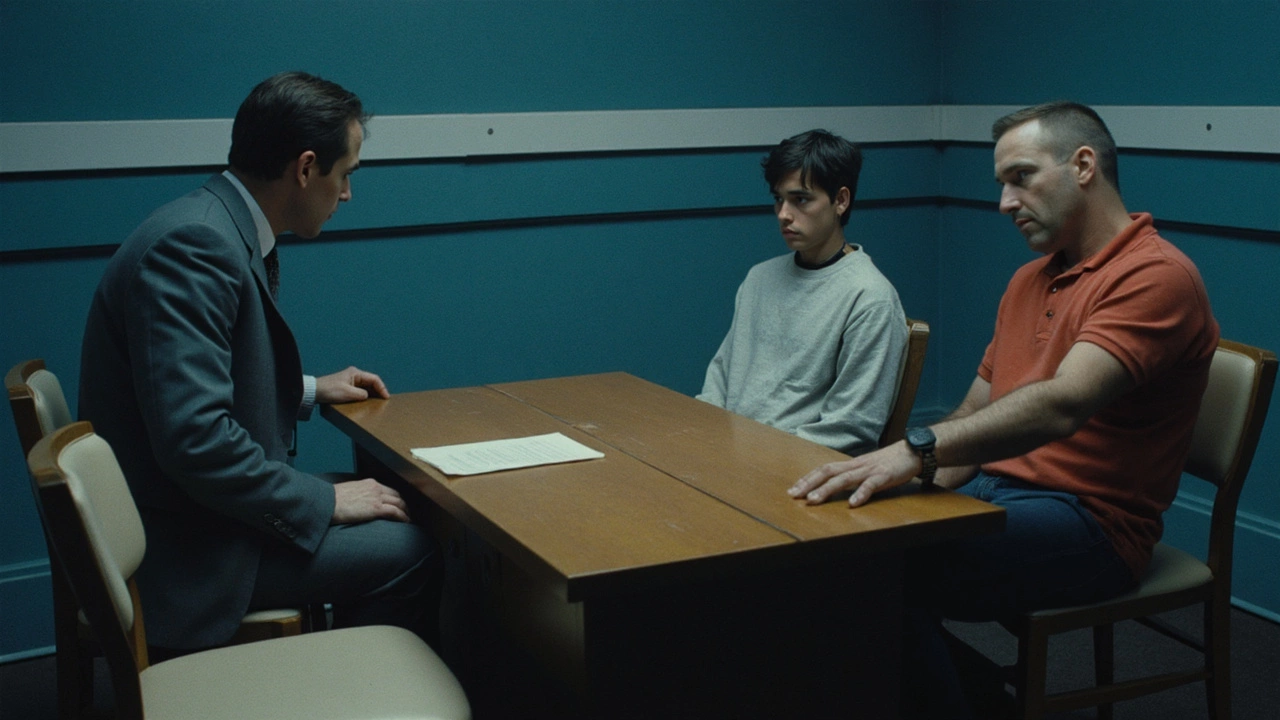
Where Online Radicalization Meets Real-World Violence
The danger isn’t confined to keyboards. When glorification of violence becomes casual background noise, it’s easier for vulnerable young men to slide from alienation to hate—without ever meeting a single extremist in person. This is exactly what Adolescence tries to show: digital rabbit holes that twist adolescent loneliness into something explosive. It’s not just drama; the script was shaped by what’s really happening behind the screens.
Politicians and educators are paying attention. UK officials are using Adolescence to help teachers spot the early warning signs of radicalization. But while the series gets people talking, the forums themselves remain stubbornly open, hiding behind “ironic” humor but seeding a genuine culture of extremism. The self-pity and rage give users a sense of belonging—but it’s one that comes with a heavy cost, breeding isolation from everyone outside these echo chambers.
This world is much closer to home than most want to believe. Young teens can end up immersed before they even realize what’s happening. Far from lonely venting, these forums become training grounds for hate, making the on-screen journey in Adolescence disturbingly real. If you’re not afraid yet, pay closer attention. These communities aren’t fading—they’re getting smarter, more ironic, and pulling in the next “John” before he’s old enough to know better.
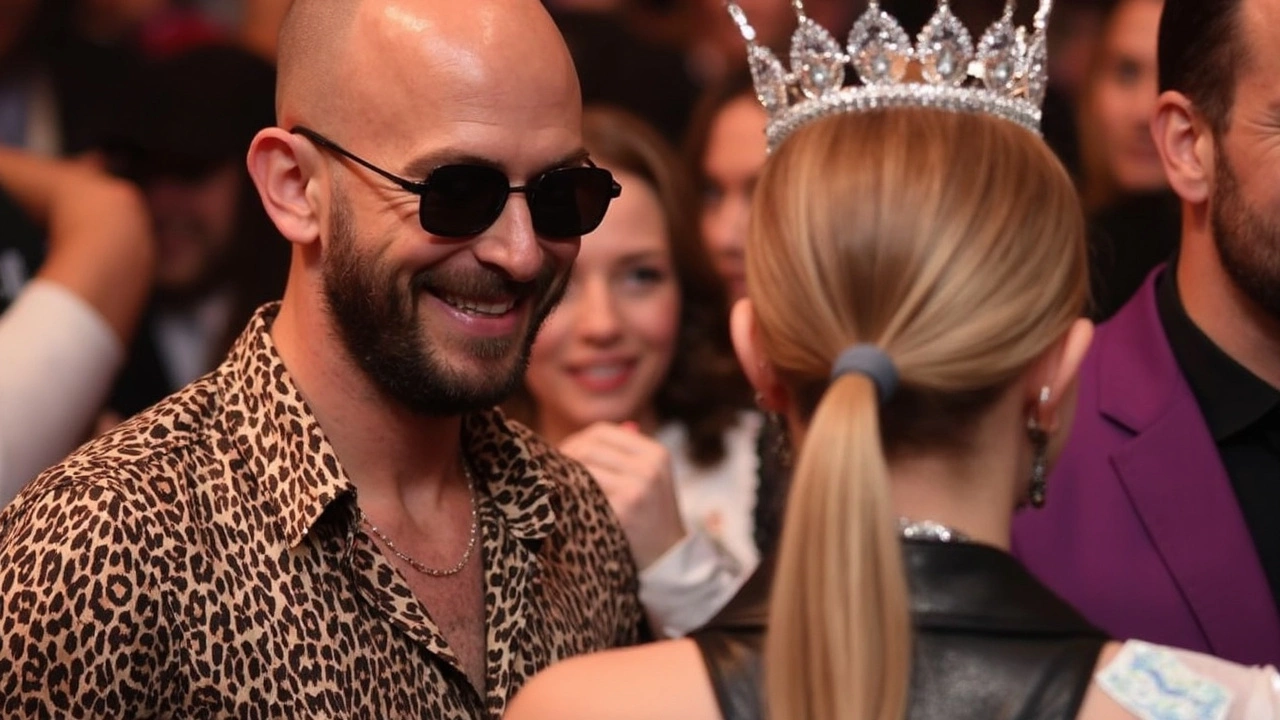
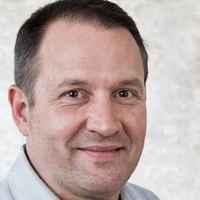
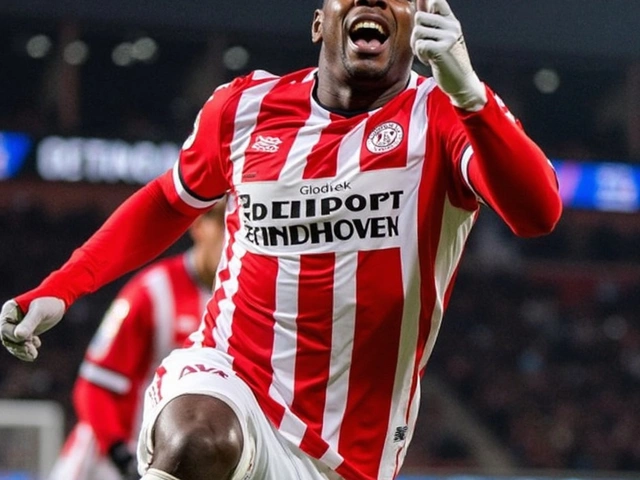
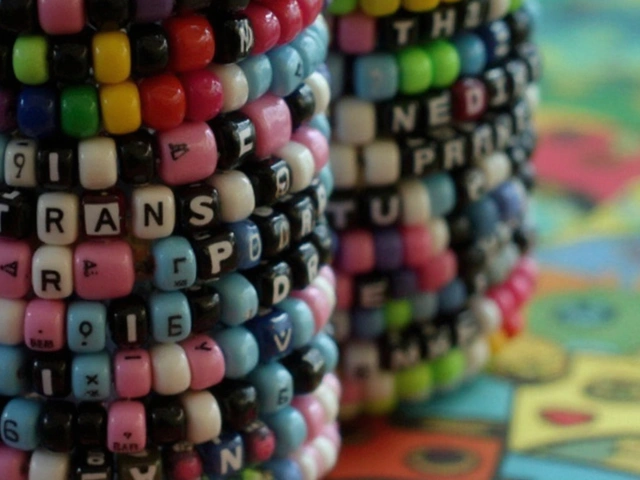
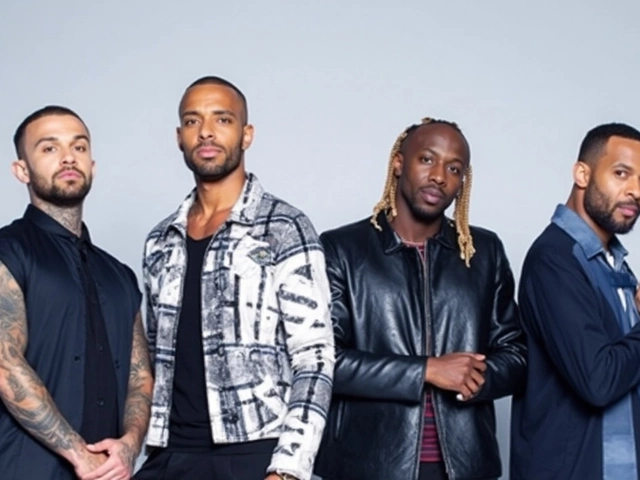
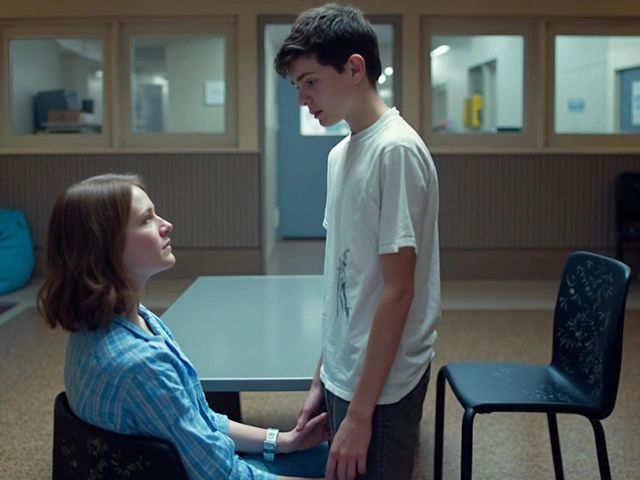
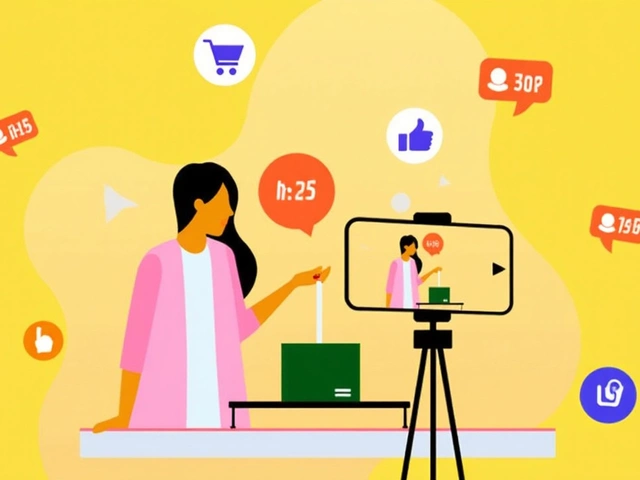
Write a comment